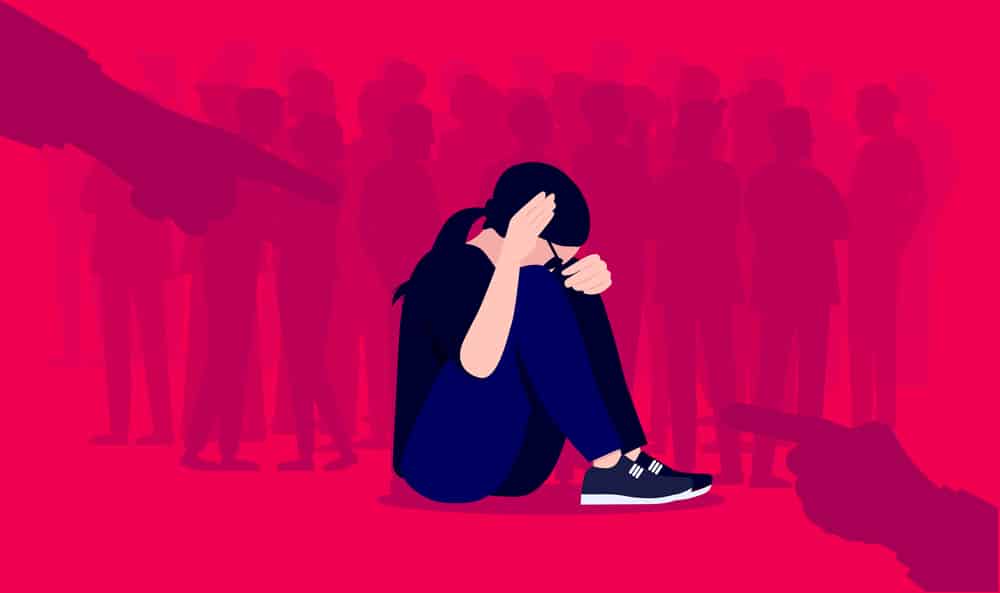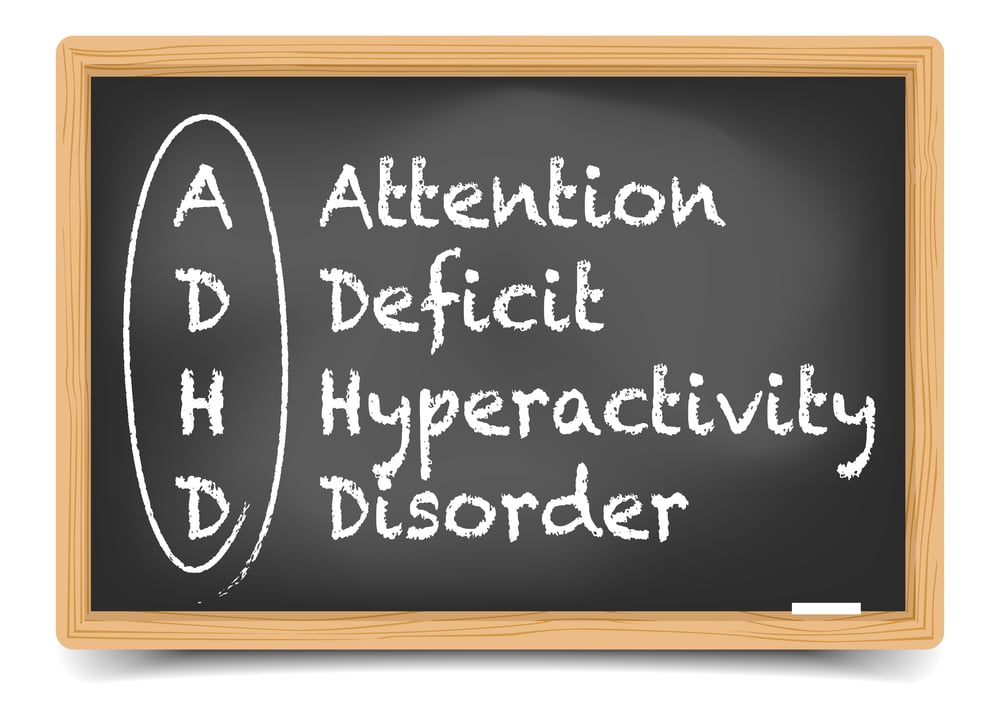
Choosing a mental health therapist can be a daunting process. You should find a therapist that you trust with your thoughts and experiences. While finding a therapist or counselor you trust is the most important part, finding a service or provider that covers a range of diagnoses and offers many forms of counseling. Below are areas we cover as well as what you should look for in psychological services.
Use Referrals
If you know anyone who has recently started going to therapy, look to them for recommendations on if they like their current therapist or how their experience was. One thing to consider when asking for referrals is if you trust your friends and they will give you an honest review. It is always encouraged to do your own research and what will work for one individual may not work for another.
Are They Licensed?
Each state is responsible for making sure that therapists are competent and correctly licensed to provide services to individuals. You can also find the licensing board for your state and see a list of therapists that are registered in your state.
You can also ask your therapist for their credentials and licenses. If you visit them in their office their credentials might be displayed or you can reach out to them through email.
Do They Have Experience Treating Your Issue?
Whether you are wanting to work with a therapist for your anxiety, depression, trauma or PTSD or anger management, you will want to meet with a specialist who has experience treating others with your diagnosis.
This can be a good point to have an interview or meeting with a therapist you are considering before you begin treatment. You can ask questions such as, do you have a specialty and how did you earn certification for this specialty? Or asking if they have dealt with someone who has similar issues to you.
Know Your Goals Ahead Of Time
Do you know what you are wanting to get out of therapy or treatment? If you have some goals in mind and find a professional that can help you reach them, you will be a better match. While your goals may change over time, having an idea of what you want to accomplish or how you want to feel after therapy is crucial to finding the best therapist for you.
If you are wanting more support and building a network, you may want to work with someone that fosters support groups or a group therapy. Whereas if you want to have a more one on one approach, you will want to find a therapist that fits your personality and is willing to listen to your needs and adapt to your goals.
Trust Your Gut
Do you feel heard? When talking with your therapist do you feel that they are giving you the best advice? Do you feel safe? While therapy may be uncomfortable from time to time it is important that you feel safe and understood.

Some common red flags could look like your therapist constantly interrupting you, not being prompt to appointments, invalidating your concerns, or not listening intently to what you are saying. If you are not fitting with your therapist, that is enough reason to switch. Feeling uncomfortable is not what you want to be getting from therapy, finding a therapist that will make you feel more relaxed is the goal.
Why Work With Ogden Psychological Services?
We want your therapeutic experience to be comfortable and safe as possible. Working with our clinic should prove easy and helpful. With treatment in Neurotherapy and many mental issues, we are here to share our broad knowledge with you and help guide you to a better life. We provide individual testing and evaluations to best understand your situation.
Still have more questions? Feel free to reach out to us at our office or fill out our contact form.









